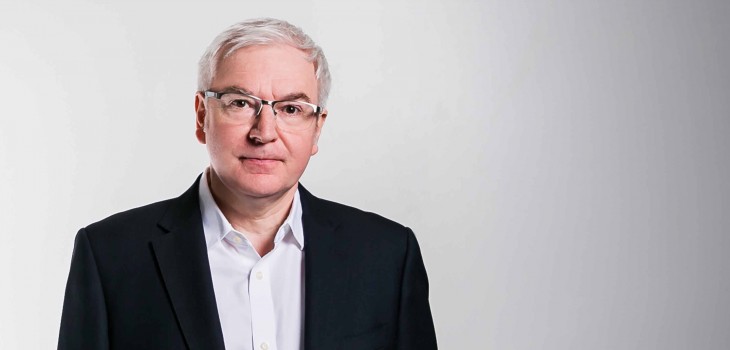Water bosses’ huge pay packets: analysis

An investigation by Corporate Watch and the GMB union released earlier this week found the CEOs of England’s nine water and sewerage companies together made £58m over the last five years. In 2017 alone they made £11.7m. That averages out at around £1.3m each. Meanwhile ‘customers’ struggle to pay their bills, leakage remains high and, according to the Environment Agency, the companies are causing an “alarming” amount of pollution.
Click here to download all the figures for individual companies, and to see the pay packets broken down by salary, pension, bonuses and other benefits. And here are some extra points we noticed while trawling through company reports and accounts.
No experience needed
Making that much money, you’d expect those CEOs to bring years of knowledge of the water industry. But no, the bosses of five of the companies worked with phones, trains, nuclear power and weapons before landing their current jobs. Thames Water’s Steve Roberts (pictured) ran “global mobile network” Truphone; Severn Trent’s Liv Garfield ran BT’s OpenReach division; South West Water’s Chris Loughlin used to run British Nuclear Fuels’ Sellafield plant; Steve Mogford from United Utilities came from “defence electronics company” SELEX Galileo, having previously done time at BAE Systems (he’s also on the board of G4S). But perhaps most worryingly of all, Northumbria Water’s Heidi Mottram used to work for privatised rail companies Northern and Arriva.
So how did they get the water gigs? Our guess: they know how to keep their shareholders happy.
Who are they trying to kid?
This investigation has received lots of angry coverage across national and local media since it was released. The companies’ response? We’re no worse than other big companies. Severn Trent defended Liv Garfield’s £2.4m pay as “in line with pay at companies of a similar size”, while United Utilities said Steve Mogford’s £2.3m “was approximately half the average for a FTSE 100 CEO”. At first glance those answers seem to show a remarkable lack of self awareness, given opinion polls suggest people are sick of privatisation. But then, it may not be their ‘customers’ they’re trying to convince here, but the shareholders who approved those pay packets.
Who do they need to kid?
Regulation of the water sector is infamously lax, with Ofwat happily allowing bills to rise 40% above inflation since privatisation in 1989. The regulator’s own boss, Johnson Cox, has spoken out over excessive levels of executive pay, but the companies appear to have taken little notice. Fair enough, given Cox was paid £9.5m before he left his previous job as CEO of Anglian Water. To better stomach the pay cut he suffered when joining Ofwat, he also became chairman of incinerator company Cory Riverside Energy, which yesterday (6 June) was sold for £1.5bn. The Financial Times reckons some of this cash could soon be flowing Cox’s way.
The spectre of Chris Evans
With water privatised, a few individuals are going to make huge amounts of money. It’s part of the deal. But taking the system public doesn’t necessarily mean an end to bosses pocketing mighty pay packets. There are lots of ‘fatcats’ running state-owned businesses like Network Rail or HS2. And don’t get us started on publicly-funded workers like Chris Evans and Gary Lineker. Ending privatisation doesn’t necessarily make a much better system: it depends on how it’s done and who’s in control.
Spare a thought for Peter Simpson
Yes he’s made £8m in the last five years but, humiliatingly, the Anglian Water boss isn’t the highest paid worker in his own business. That title goes to Scott Longhurst, “Managing Director Finance and non-regulated business”, who made £400k more. If Simpson is the type of corporate boss who does it more for the status than the money then that must hurt. But if anything shows the priorities of the investment funds that own Anglian, it’s surely paying top whack to the accountant.
